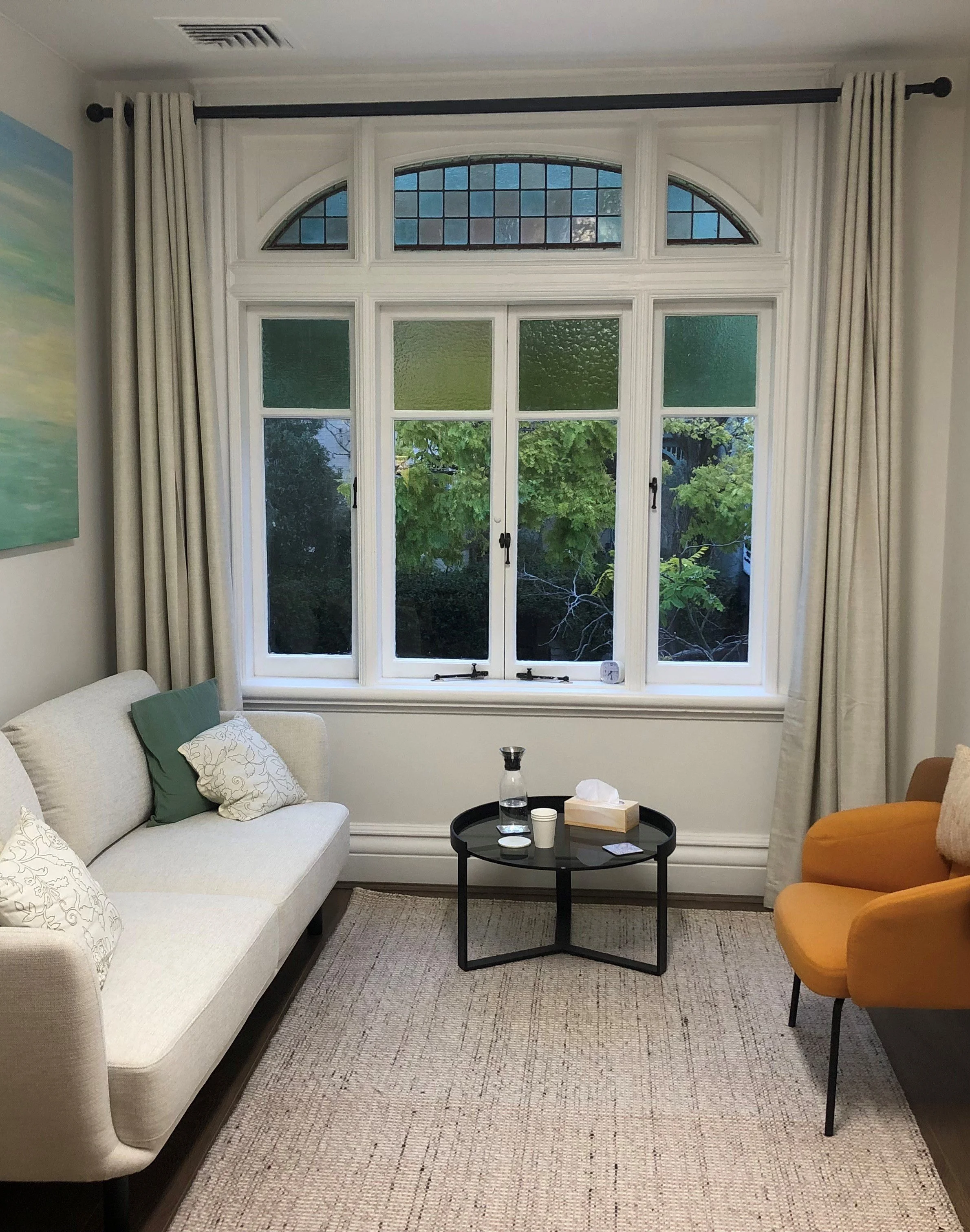How do I stop arguing in my relationships – 6 steps to better listening
Simple disagreements can quickly escalate into full-blown arguments when we feel criticised by our partner or family member. Belittling or blaming language make it sound like our character is under attack, leading us to defend and return fire.
The key to stopping this escalating loop of criticism and defensiveness is two-fold: the other person can express their complaint in a more constructive way (see Blog on mastering gentle start-ups) or you as the listener can choose to hear them with more generous ears.
I call this “listening with elephant ears” as it requires you to slow down and listen to your loved one with large, open ears. The African elephant has the largest ears of any living animal and it moves confidently through the world, without the need to be defensive.
6 steps to better listening
Start by telling yourself this is a SITUATIONAL problem, not a personal assault. Your partner is trying to make a point. Say to yourself: “My partner isn’t unhappy with me, they are unhappy with something I am doing”.
Now give the other person your undivided attention. Stop doing what you are doing and put down your devices. When the other person can see you are interested in what they have to say, they are more likely to use a gentle approach. If they feel ignored they will say bigger things to get a reaction.
Don’t interrupt. Leave space for the other person to speak fully and concentrate on their words. If you become lost in your own thoughts, formulating a response to what they are saying, bring your attention back to them.
Take what your partner is saying at face-value and don’t search for hidden meanings. If you are unsure what they mean, be curious and ask for clarity: “Tell me more about that.” or “I’m not sure what you’re trying to say, can you say it again.”
Be open to hearing another point of view. We all have different ways of seeing the world and we don’t need to always agree. Try to imagine what it is like for your partner. If you were them, how would you feel about the situation?
Don’t move straight into solution mode. While you might value yourself as Mr or Ms Fix-it, not every conversation has to end in a solution and your partner or family member may have their own ideas of what to do.
If you and your loved ones are caught in a cycle of escalating conflict it might be wise to seek counselling with a skilled couples counsellor or family therapist. Attending relationship counselling will help you to unravel this common criticism-defensiveness loop and give you the skills to improve communication.
Contact the therapists as The Good Relationship Practice to get help with these complicated dynamics. We can guide you towards mastering this listening style, leading to lower conflict and increased intimacy in your relationships.
McMahons Point rooms
Book an appointment today
About our therapists
Cherie Marriott, Shweta Israni and Margie Mitchell offer specialist individual, couple and family counselling to help people get their relationships back on track. They offer targetted relationship therapy to help with communication issues, conflict problems, affair recovery, low intimacy, parenting struggles, childhood anxiety and ADHD, and separation or family blending.
The therapy at The Good Relationship Practice is discreet and private, warm and respectful, evidence-based and efficient. Clients leave each session with a deeper understanding of relationship dynamics, tools to improve communication and the confidence to move forward.
Appointments are offered in McMahons Point near North Sydney and on-line across Australia. After-hours sessions available. Click on the FREE phone consult button below to speak to one of our therapists about your concerns.


